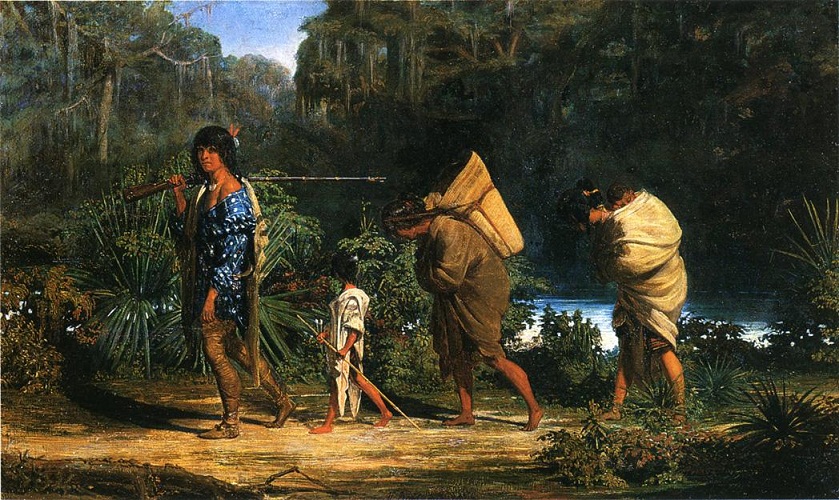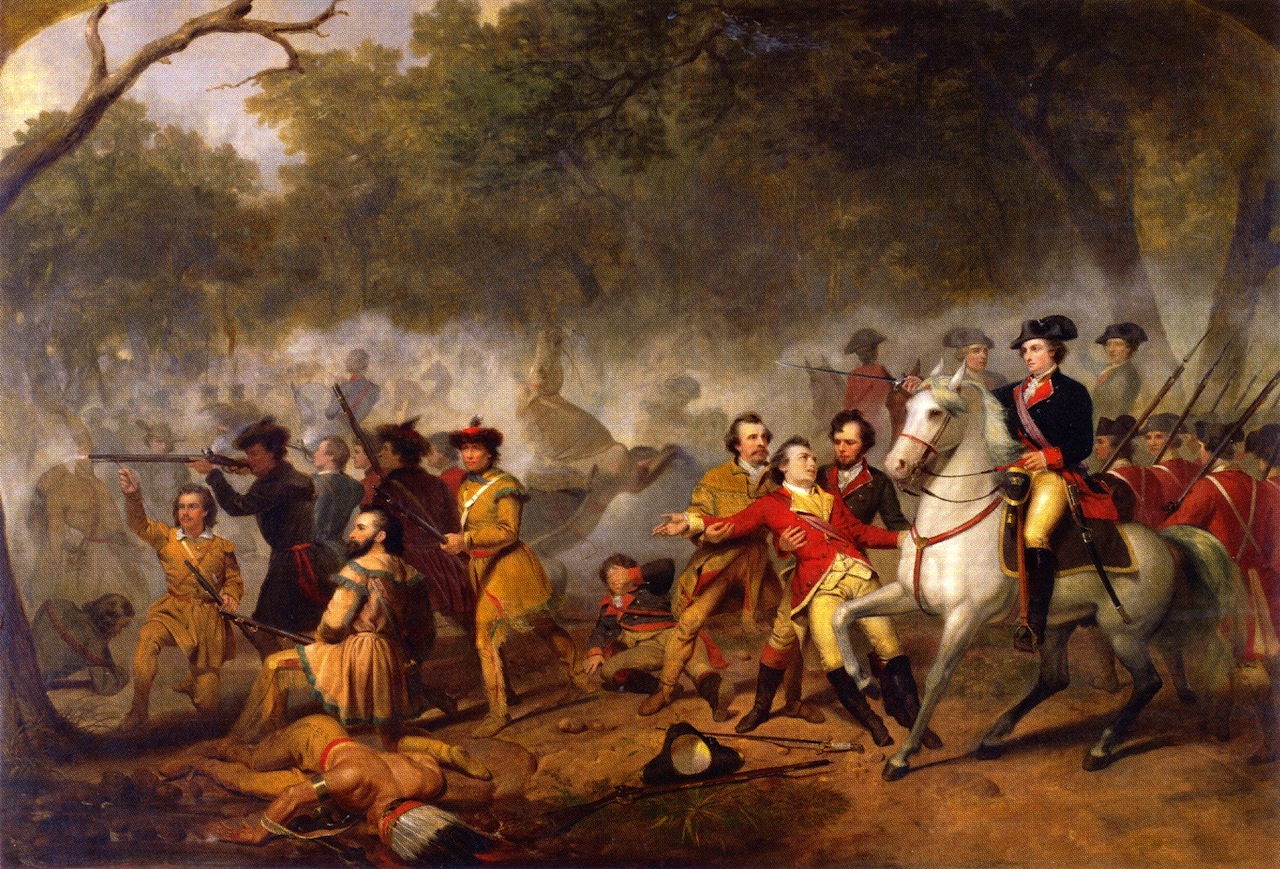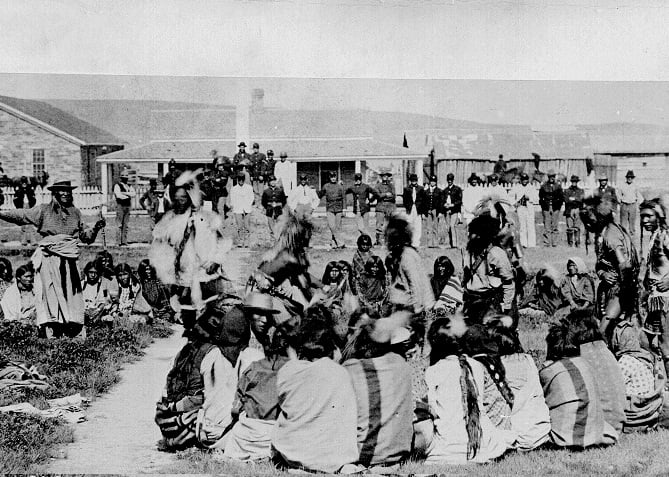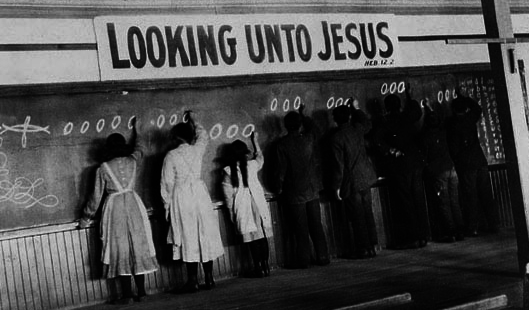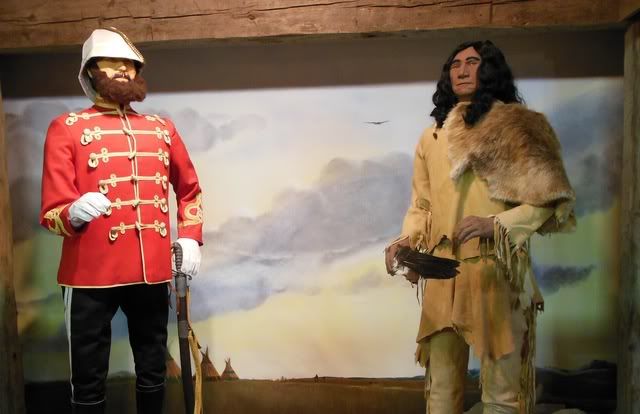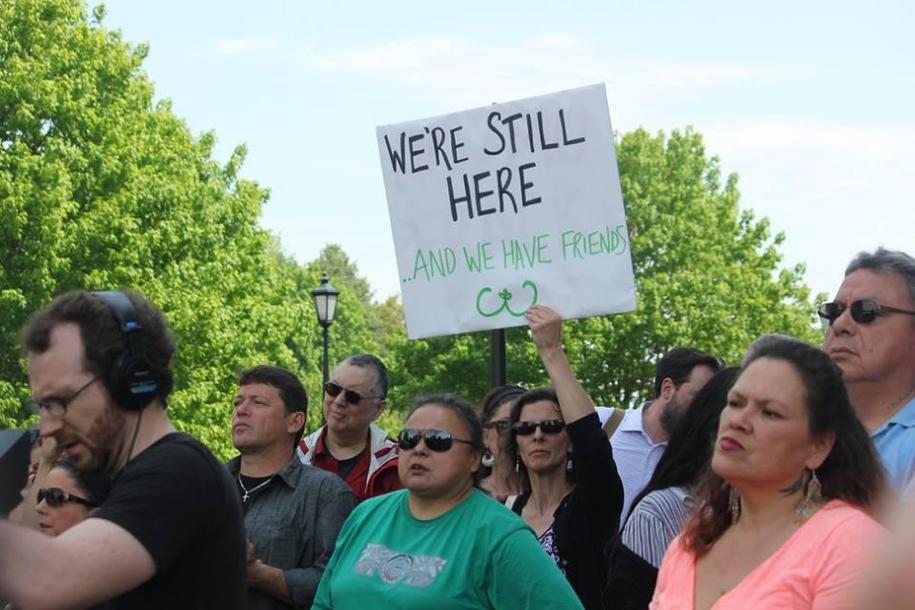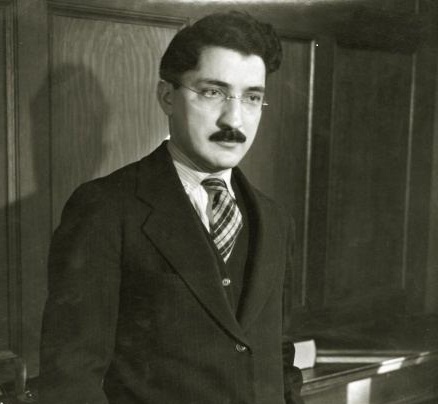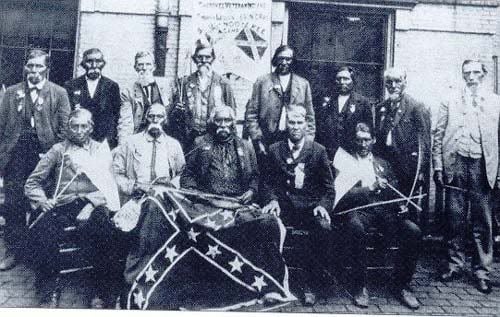Indian Removal 200 Years Ago (1818)
During the first part of the nineteenth century, the American government policy was to remove Indians from east of the Mississippi River and to “give” them reservations in Indian Territory. The primary argument in favor of Indian removal claimed that European Christian farmers could make more efficient use of the land than the Indian heathen … Continued
